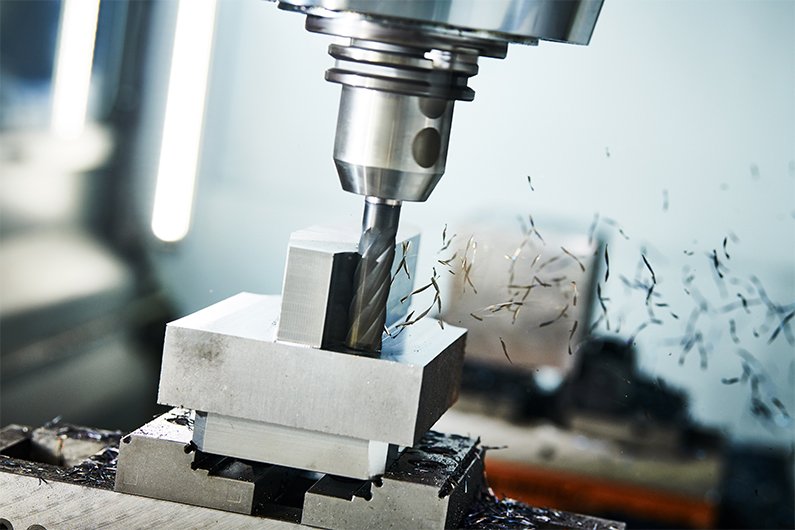Die casting is a precise manufacturing process that has revolutionized the production of complex metal parts. It is a highly efficient method of mass production, which involves injecting molten metal into a mold cavity under high pressure. The molten metal solidifies and takes the shape of the mold, resulting in the formation of a detailed and accurate component. This article will provide an overview of die casting, its advantages, and its applications in various industries.
Die casting can be traced back to the early 19th century when it was primarily used to produce printing typeplates. Over the years, advancements in technology and materials have expanded the scope of die casting to include a wide range of products such as automotive parts, aerospace components, consumer electronics, and more. The process offers several advantages over other manufacturing methods, making it a popular choice for many industries.
One of the key advantages of die casting is its ability to produce parts with high dimensional accuracy and complex geometries. The molds used in die casting are made from hardened steel, which can withstand high temperatures and pressures. This allows for the production of intricate shapes and fine details that would be difficult or impossible to achieve with other manufacturing processes. The precision and repeatability of die casting make it ideal for applications that require tight tolerances and consistent quality.

Another advantage of die casting is its high production rate. The process allows for rapid cycle times, enabling large quantities of parts to be produced in a short period. This efficiency is further enhanced by the use of automated systems that control the injection of molten metal, the cooling process, and the ejection of the finished parts. Die casting also eliminates the need for secondary machining operations, reducing production time and costs.
Die casting offers a wide range of material options, including aluminum, zinc, magnesium, and copper alloys. Each material has its own unique properties, making it suitable for specific applications. Aluminum alloys, for example, are lightweight and have excellent strength-to-weight ratios, making them ideal for automotive and aerospace components. Zinc alloys, on the other hand, offer good corrosion resistance and are often used in the production of consumer electronics.
The versatility of die casting makes it suitable for a variety of industries. In the automotive industry, die casting is used to produce engine blocks, transmission cases, and structural components. The aerospace industry utilizes die casting for the production of turbine blades, aircraft housings, and brackets. Consumer electronics, such as smartphones and laptops, often incorporate die-cast components for their durability and precision. Additionally, die casting is used in the production of medical devices, plumbing fixtures, and even decorative items.

While die casting offers numerous advantages, it also has some limitations. The initial cost of tooling and mold design can be high, especially for complex parts. Additionally, the size of the parts that can be produced is limited by the size of the die casting machine. However, these limitations are often offset by the benefits of high production rates, cost-effectiveness, and superior part quality.
In conclusion, die casting is a precise manufacturing process that has revolutionized the production of complex metal components. Its ability to produce parts with high dimensional accuracy and intricate geometries, coupled with its high production rate, makes it a preferred choice for many industries. With advancements in technology, die casting continues to evolve, enabling the production of even more intricate and lightweight parts. As new materials and processes are developed, die casting is expected to play an increasingly vital role in the manufacturing industry.
-

- Magnesium alloy die-casting rigid fork for bike
-

- Magnesium alloy thixomolding die-casting UAV parts C
-

- high precision die-casting steering wheel for automotive
-

- Magnesium alloy Thixomolding power batter housing
-

- OEM Die casting manufacturer produce magnesium alloy auto dashboard
-

- Magnesium alloy rigid fork for bicycle -customized die casting metal parts

 0086-750-5616188
0086-750-5616188 +86 13392089688
+86 13392089688 sales@zhongmei-tech.com
sales@zhongmei-tech.com







